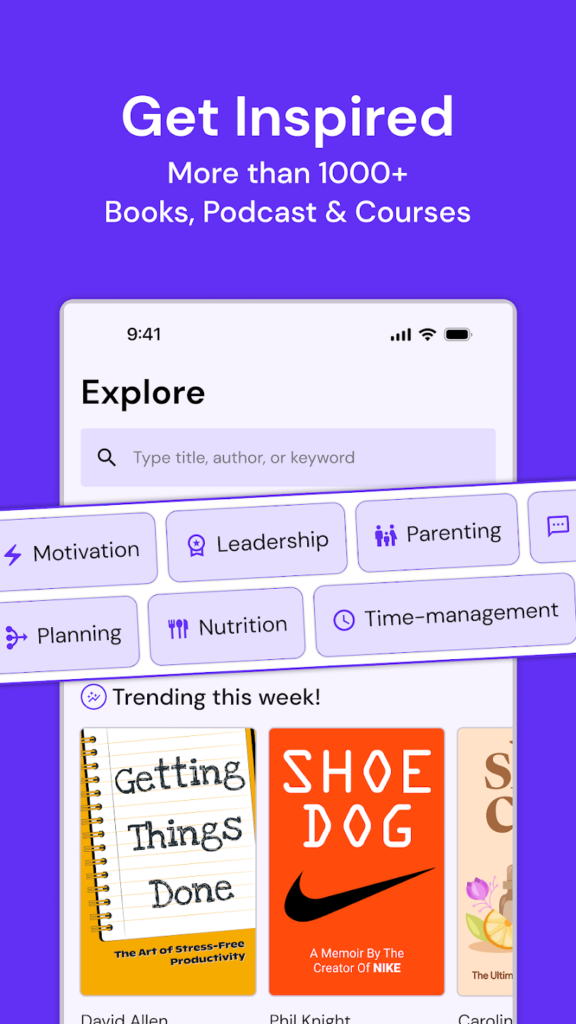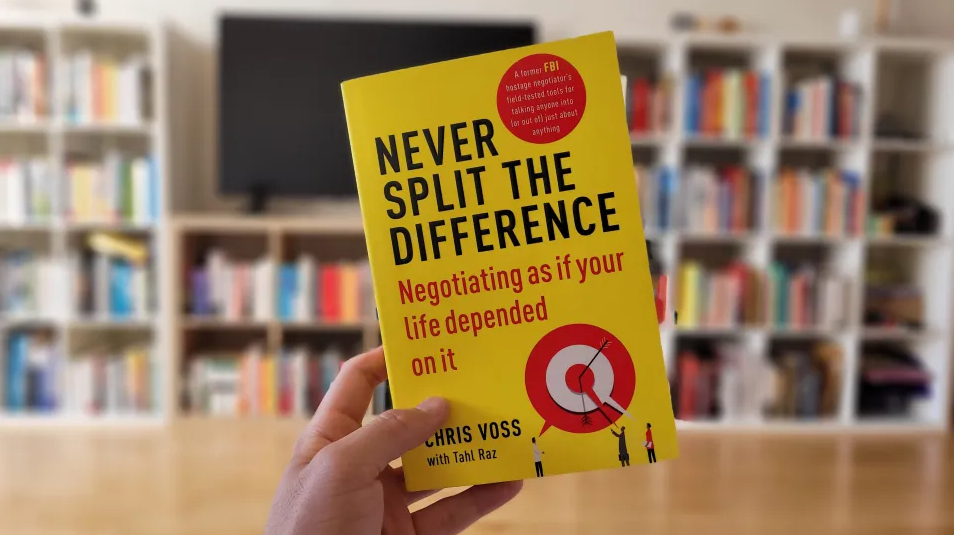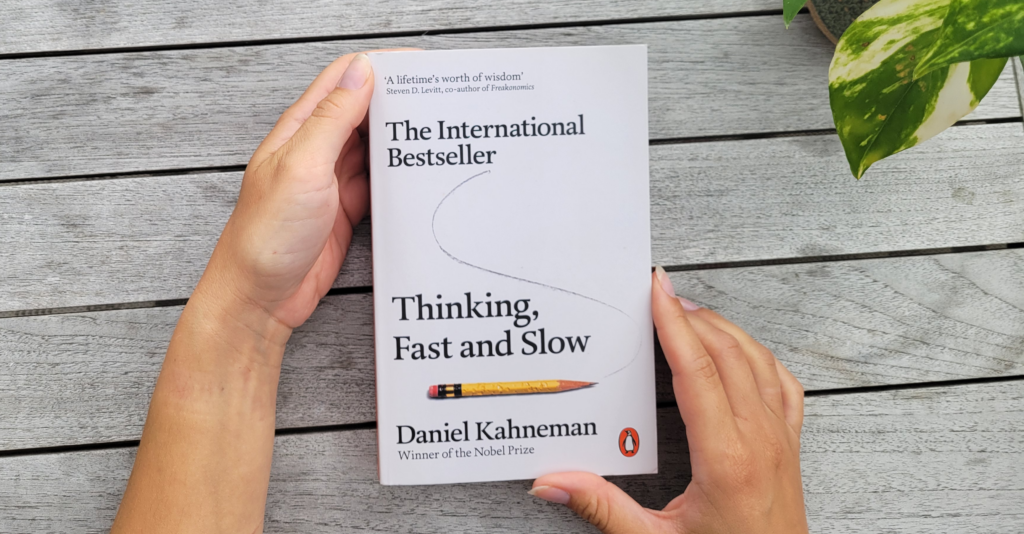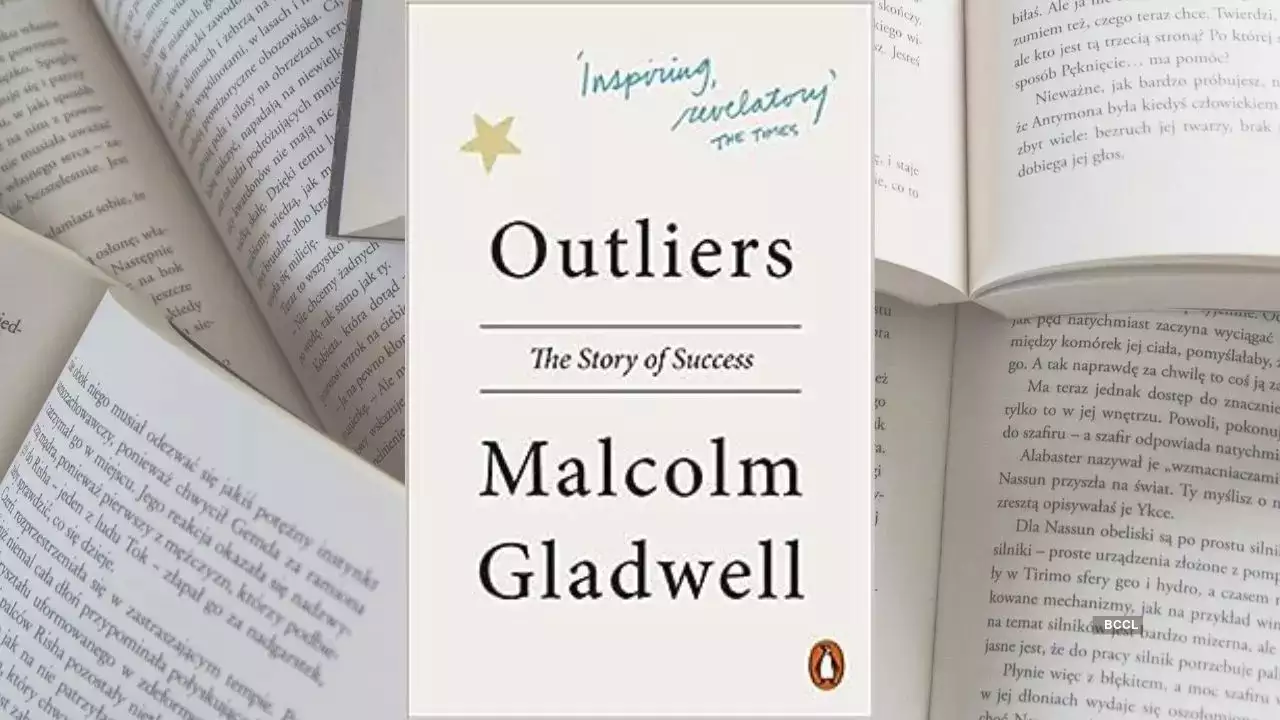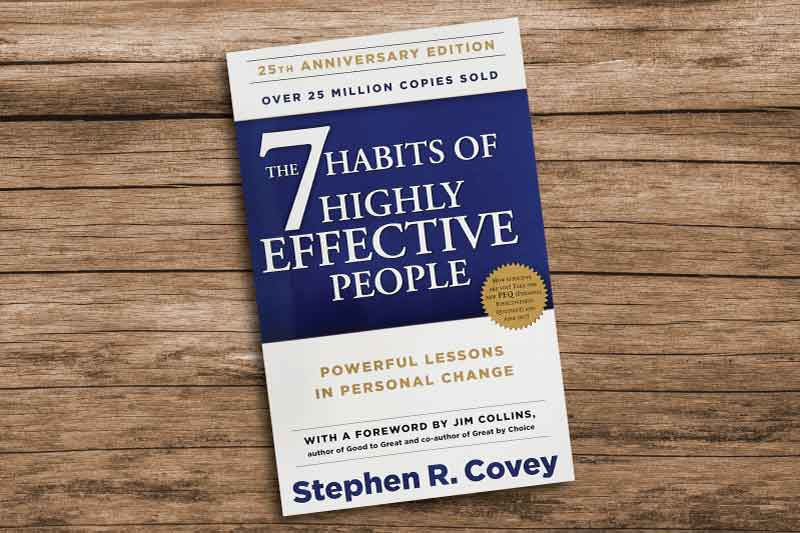
In the fast-paced world of entrepreneurship, innovation and agility are key to surviving and thriving. The Lean Startup by Eric Ries, first published in 2011, brought forward a groundbreaking approach to creating and managing successful startups. The core idea of the “lean” method is to test and iterate products quickly to meet consumer needs without wasting resources. It popularized concepts like “minimum viable product” and “pivoting,” which have since become staples of startup lexicon. For those inspired by Ries’ principles, there’s a rich collection of books that dive deeper into topics like behavioral economics, leadership, and personal development – each offering unique insights into building businesses with resilience and foresight.
Understanding the entrepreneurial landscape is not just about learning how to build a product but also about comprehending human psychology, leadership challenges, and how to navigate the common pitfalls of startups. Books like Influence and Mindset examine human behaviours and belief systems that impact decision-making, while books like Backable and The Founder’s Dilemmas focus on leadership, personal growth, and the psychological hurdles entrepreneurs face. Together, these books form a toolkit that will help guide entrepreneurs through the complexities of launching and sustaining a business.
Contents
- 1 10 Books that, like The Lean Startup
- 1.1 The Lean Startup
- 1.2 Influence by Robert Cialdini (1984)
- 1.3 Mindset by Carol S. Dweck (2006)
- 1.4 Predictably Irrational by Dan Ariely (2008)
- 1.5 Predictably Irrational
- 1.6 The Founder’s Dilemmas by Noam Wasserman (2012)
- 1.7 Backable by Suneel Gupta (2021)
- 1.8 Why Startups Fail by Tom Eisenmann (2021)
- 1.9 Entrepreneurial You by Dorie Clark (2017)
- 1.10 The Box by Marc Levinson (2006)
- 1.11 Rich Dad Poor Dad by Robert T. Kiyosaki (1997)
- 1.12 Rich Dad Poor Dad
- 1.13 The E-Myth Revisited by Michael E. Gerber (1995)
- 1.14 The E-Myth Revisited
10 Books that, like The Lean Startup
This blog post highlights ten books that, like The Lean Startup, provide essential knowledge and strategies to grow your business. From understanding human irrationality to learning the ropes of finance, these books provide insights to enhance both your mindset and business acumen. Let’s dive into these must-reads for every aspiring entrepreneur.
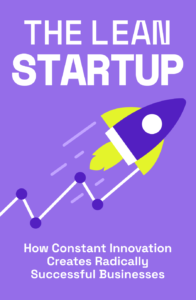
The Lean Startup
How Constant Innovation Creates Radically Successful BusinessesEric Ries Business 2011
Available in: | |
Influence by Robert Cialdini (1984)
Influence: The Psychology of Persuasion, published in 1984, is a timeless piece that digs into why people say “yes” and how to apply these understandings in business and everyday life. Robert Cialdini presents six key principles of persuasion – reciprocity, commitment, social proof, authority, liking, and scarcity. Entrepreneurs can leverage these principles to build customer trust, increase sales, and foster loyalty. As business owners must constantly persuade investors, customers, and even employees, mastering the art of influence can be pivotal for startup success.
Mindset by Carol S. Dweck (2006)
Published in 2006, Mindset: The New Psychology of Success by Carol Dweck is a profound exploration of how our beliefs about our abilities can shape our personal and professional outcomes. Dweck distinguishes between two mindsets: fixed and growth. The fixed mindset believes talents are static, whereas the growth mindset embraces challenges and sees failure as a stepping stone to learning. Entrepreneurs who adopt a growth mindset are more likely to take risks, learn from their mistakes, and adapt – qualities critical in the unpredictable startup world.
Predictably Irrational by Dan Ariely (2008)
In Predictably Irrational: The Hidden Forces That Shape Our Decisions, published in 2008, Dan Ariely explores the seemingly illogical ways people make choices. Entrepreneurs often assume that consumers make rational decisions, but Ariely reveals that emotions, context, and subconscious cues heavily influence purchasing behaviour. Understanding these irrational behaviours can help entrepreneurs design better marketing strategies, pricing models, and user experiences. The book is a reminder that logic doesn’t always drive consumer behavior, and learning to navigate this unpredictability can be a major competitive advantage.
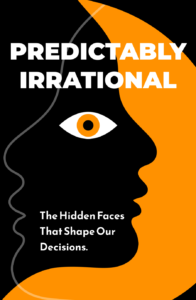
Predictably Irrational
The Hidden Forces That Shape Our DecisionsDan Ariely Mindfulness 2008
Available in: | |
The Founder’s Dilemmas by Noam Wasserman (2012)
The Founder’s Dilemmas: Anticipating and Avoiding the Pitfalls That Can Sink a Startup, published in 2012, offers a deep dive into the common mistakes entrepreneurs make during the early stages of a startup. Author Noam Wasserman provides research-backed insights into crucial decisions like choosing co-founders, splitting equity, and handling leadership challenges. He explores the trade-offs between wealth and control and how personal relationships can complicate business partnerships. This book is a must-read for entrepreneurs seeking to avoid common traps that could derail their startup’s progress.
Backable by Suneel Gupta (2021)
In Backable: The Surprising Truth Behind What Makes People Take a Chance on You, published in 2021, Suneel Gupta explains the secret to getting people to believe in you and your ideas. Drawing from personal experiences, Gupta unpacks the psychological principles behind why some entrepreneurs are able to gain the confidence of investors, mentors, and customers. In an era where innovation and networking can make or break a startup, *Backable* teaches entrepreneurs how to craft a compelling vision and gain the necessary backing to bring their ideas to life.
Why Startups Fail by Tom Eisenmann (2021)
Tom Eisenmann’s Why Startups Fail: A New Roadmap for Entrepreneurial Success, published in 2021, is based on years of research into why some startups succeed while others crumble. Eisenmann identifies six common patterns of startup failure, from premature scaling to bad business models. The book offers practical advice to avoid these pitfalls and strategies to recover if things go wrong. It’s essential reading for entrepreneurs looking to understand the fragile nature of startups and how to navigate the turbulent early years with foresight and resilience.

Entrepreneurial You by Dorie Clark (2017)
Published in 2017, Entrepreneurial You: Monetize Your Expertise, Create Multiple Income Streams, and Thrive by Dorie Clark is a practical guide to creating a sustainable business by leveraging your personal brand. The book focuses on the importance of establishing credibility, generating income from different sources, and scaling your expertise across various platforms. For entrepreneurs, especially those starting out, this book provides an actionable framework for long-term success through diversification and smart branding.
The Box by Marc Levinson (2006)
Marc Levinson’s The Box: How the Shipping Container Made the World Smaller and the World Economy Bigger, published in 2006, may not seem like a typical startup book at first glance. However, it’s a compelling narrative about how one simple innovation – the shipping container – completely transformed global trade. Entrepreneurs can draw lessons about innovation from Levinson’s analysis, particularly in how seemingly small changes in technology can create massive shifts in industries and markets.
Rich Dad Poor Dad by Robert T. Kiyosaki (1997)
Robert T. Kiyosaki’s Rich Dad Poor Dad, published in 1997, remains a bestseller and one of the most influential personal finance books ever written. In this book, Kiyosaki contrasts the financial philosophies of his “rich dad” and “poor dad,” emphasizing the importance of financial education, asset-building, and breaking out of the traditional employee mindset. For entrepreneurs, it’s a guide to thinking differently about wealth, leveraging assets, and cultivating financial literacy to sustain long-term business growth.

Rich Dad Poor Dad
What the Rich Teach Their Kids About Money That the Poor and Middle Class Do Not!Robert Kiyosaki Business 1997
Available in: | |
The E-Myth Revisited by Michael E. Gerber (1995)
The E-Myth Revisited: Why Most Small Businesses Don’t Work and What to Do About It, published in 1995, addresses the misconceptions and myths surrounding entrepreneurship. Michael E. Gerber explains why many small businesses fail due to a lack of systems and processes. He outlines a step-by-step guide to building a successful business by focusing on creating replicable systems that allow the business to run without being overly reliant on the founder. For entrepreneurs overwhelmed by the day-to-day operations of their startups, this book provides a roadmap to building sustainable and scalable businesses.
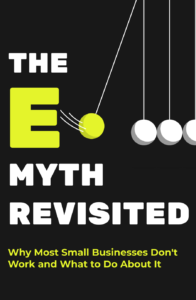
The E-Myth Revisited
Why Most Small Businesses Don't Work and What to Do About ItMichael E. Gerber Business 2004
Available in: | |
And that concludes this list. These ten books, much like The Lean Startup, provide invaluable insights into the world of entrepreneurship. From mastering personal growth with Mindset to avoiding costly mistakes with Why Startups Fail, each book offers unique strategies and tools for aspiring entrepreneurs.
Whether you’re just starting your entrepreneurial journey or looking to scale your business, these books will help you navigate the complex, ever-changing landscape of startups with wisdom and confidence. But you might not always have the time to sit down and read them all. That’s where Wizdom comes in – providing bite-size summaries to all these books and even more. So, pick up a copy – or just your phone – and start learning how to build a business that not only survives but thrives today!

Zia Hawwa
Currently pursuing a Degree in Criminology, Zia’s passions lie in the world of literature and the human psyche. She loves what the world has to offer, and is always on the journey of satisfying her curiosity.

The Art of Using SMART Goals to Your Advantage

Top Ten Books like Factfulness
Recent Posts
- 25 Top Quotes from The 10X Rule to Supercharge Your Ambition
- 10 Books You Must Read to Succeed in Your Career
- 30 Little Tricks for Big Success in Relationships
- 25 Life-Changing Self-Help Books to Read This December: Boost Your Mood and Your Mind
- 25 Amazing Self-Care Tips for December: Wrap Yourself in Joy, Not Stress

